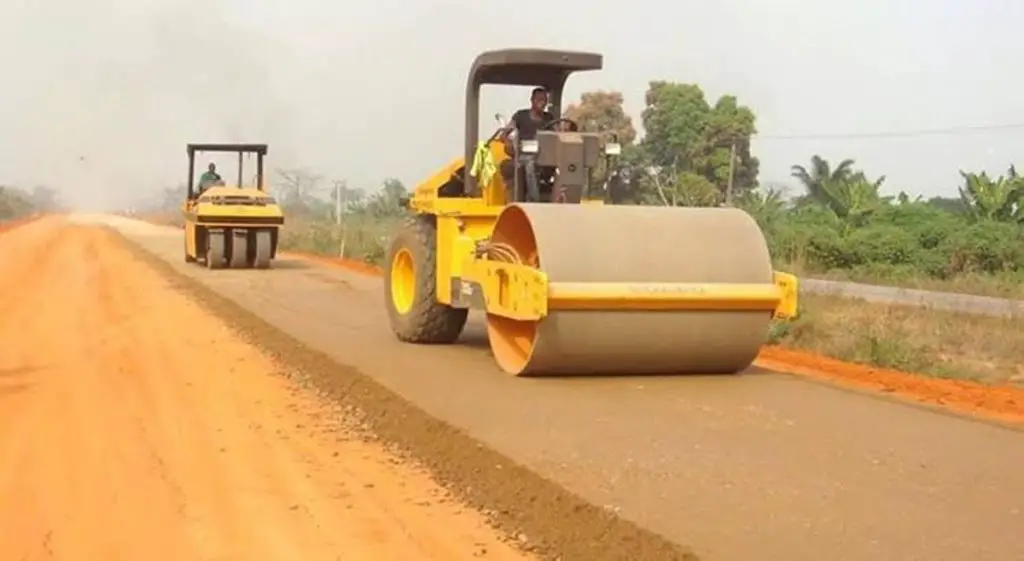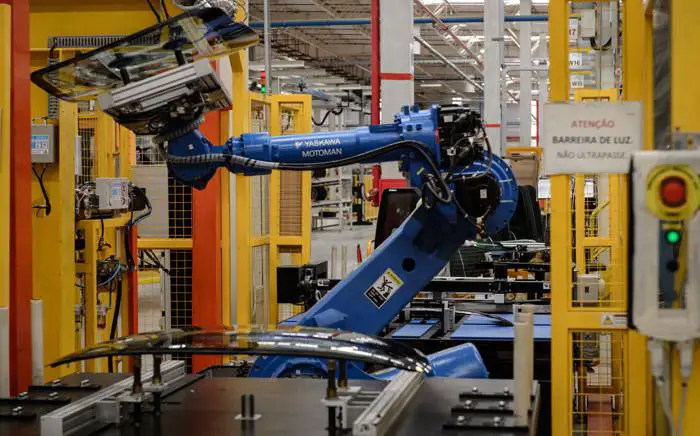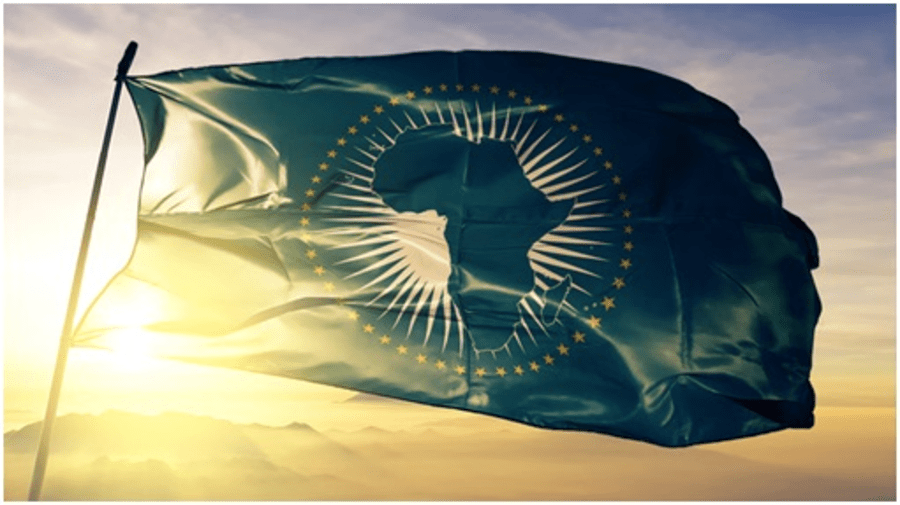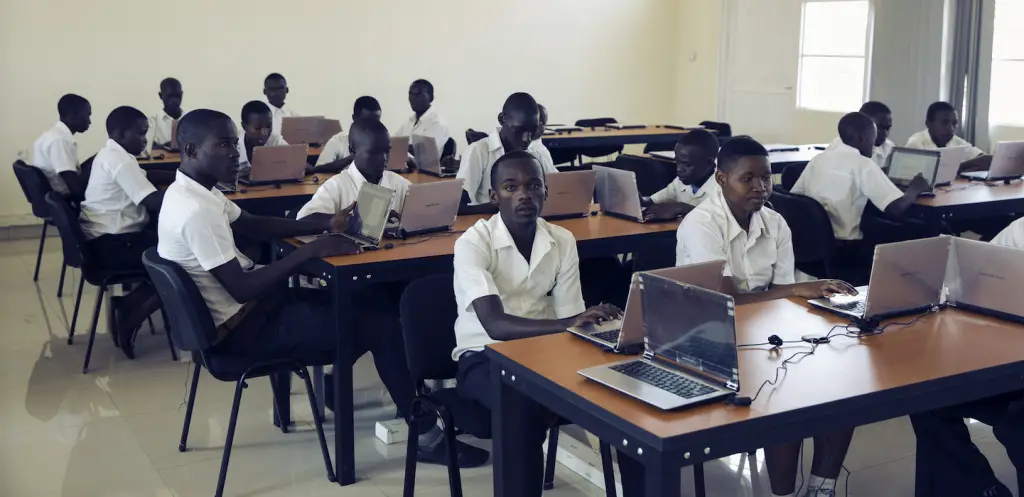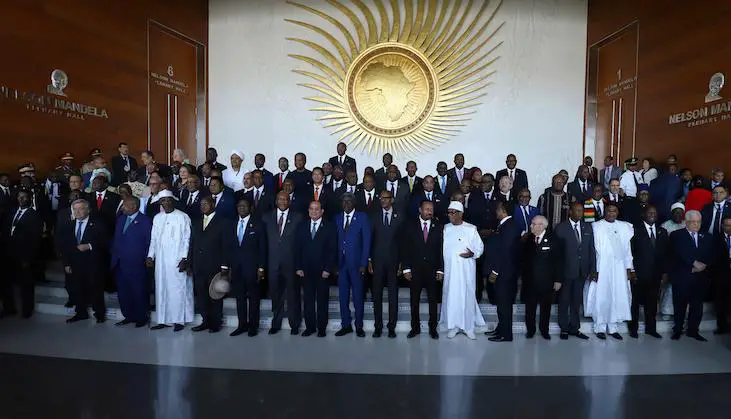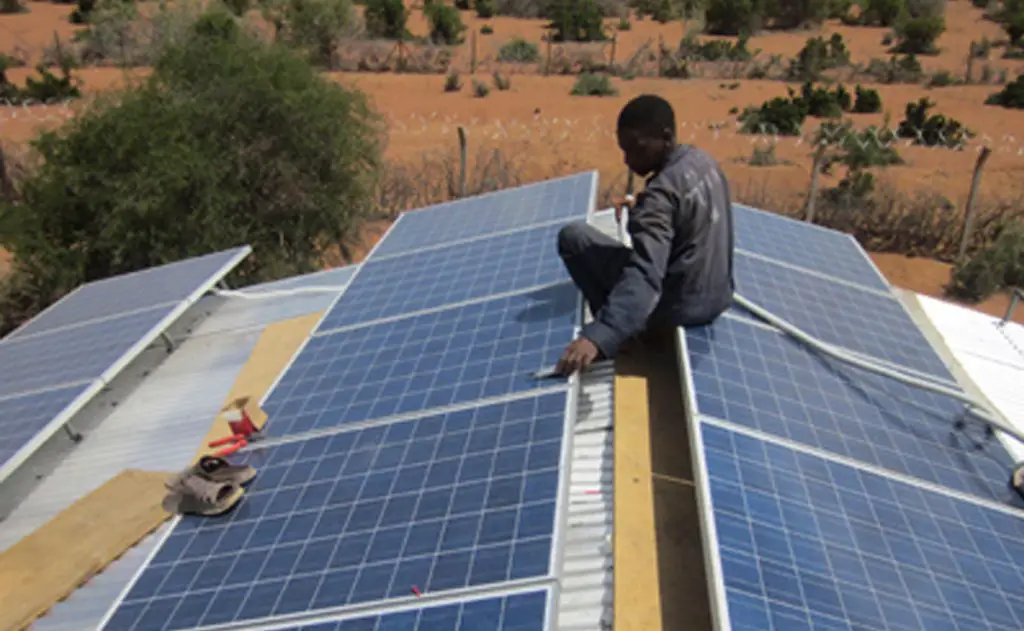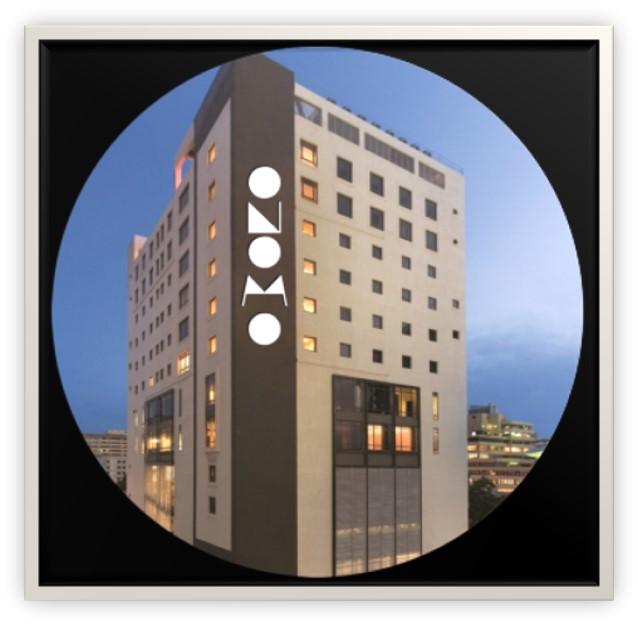- Africa’s new dawn: the rising role of digital and AI in agriculture
- Can Dangote Refinery Transform Africa Energy Ambition
- Gallup Survey: 80 per cent of Kenyan Workers Are Disengaged and Seek New Opportunities
- Madagascar Man Freed from 5KG Tumor After 15-Year Struggle
- How women in Africa are perceived and treated
- Sugar consumption in Kenya to Increase to 1.23 Million Tonnes
- Can Somalia and Turkey Oil deal Bring Change in Somaliland
- Remittances to Kenya dropped to $371.6 million in June, marking a six month low
Browsing: Development
Infrastructure development continues to be a vital driver of foreign direct investment (FDI) since logistics are so necessary for global business development, mainly e-commerce, which is now a significant generator of income and jobs at home and abroad.…
The widespread adoption of information and communication technology (ICT) by manufacturing companies the world-over is driving competition and permanently disrupting the playing fields.
According to an article by Cision PRNewswire published on May 11, 2022, the competition for a strong manufacturing industry is a global one, and initiatives to promote and advance manufacturing from other governments include Germany’s “Industrie 4.0”, France’s “Industrie du Futur,” and China’s “Made in China 2025”.
Japan has planned Society 5.0 (Industry 4.0), targeting its economic and social challenges, such as an aging population, labor shortages, and weak growth through advanced technologies. Germany Industrie 4.0 Initiative aims to create an industry infrastructure fit for sustainable future manufacturing in the country.
Recently, African countries have made promising progress towards industrialization, exhibited in the continent’s strategic framework for leveraging the pan-African drive for achieving inclusive and sustainable development, Agenda 2063.
However, the continent has faced unprecedented disruption over …
Africans and African diaspora across the world commemorated Africa Day on May 25, 2022.
The day truly serves to integrate the diverse continent into one identity. This year bears extra importance as it is also the 20th anniversary of the African Union (AU). The theme for this year was “Strengthening Resilience in Nutrition and Food Security on the African Continent”.
Yet, the celebration was tarnished by rising food prices as a result of Covid-19, climate-induced drought in parts of Africa, and the Ukraine crisis, according to Hindustan Times.
According to an article by Hindustan Times published on June 17, 2022, Africa Day is to commemorate May 25, 1963, when 30 independent African leaders signed the founding charter of the OAU (Organization of African Unity). Later to give more impetus to the organisation, many new areas were added and it was transformed into African Union (AU).
Yearly, the AU decides a …
- Sub-Saharan Africa has seen the fastest increase in worldwide Internet penetration, from less than 1 per cent in 2000 to 30 per cent now. The use of the internet in Africa increased by 23 per cent between 2019 and 2021
- The Internet Society has been at the forefront of supporting the construction and growth of worldwide Internet penetration(IXPs), which permit and stimulate local traffic
- The Internet Society has assisted in the development of community networks in South Africa, Zimbabwe, Uganda, Nigeria, Kenya, Namibia, Senegal, Morocco Ethiopia. And the Democratic Republic of the Congo
As the Internet Society (ISOC), a global non-profit organisation that advocates for an open and globally linked Internet, celebrated its 30th anniversary, the organisation demands urgent action to advance Internet growth throughout the African region.
Dawit Bekele, the Africa Regional Vice President of the Internet Society, lauded stakeholders’ progress in expanding access across the continent while encouraging …
Africa’s role in the world economy derives from its economic importance to the rest of the world in international trade and as a destination for international investment. Africa has recently become home to the largest free trade area in the world, both by area and by the number of countries.
As economies have been hard hit by the Covid-19 pandemic, the Africa Continental Free Trade Area (AfCFTA) holds economic promise for the continent. The AfCFTA comprises 55 countries with a population of 1.3 billion and combined GDP of about $3.4 trillion. Business leaders and observers regard economic and regional integration as essential for accelerating Africa’s manufacturing, e-commerce, and digitization to reduce an over-reliance on imports, especially from China.
However, there is still much more to do as major components of the agreement still must be negotiated, between many countries and regional economic communities. Moreover, according to the IMF, removing non-tariff …
Unfortunately, even with an increased power supply, electricity is mostly used for lighting but the vast part of the community still relies on biomass ‘…which makes up close to 90% of the total primary energy consumption in Tanzania.’
According to REA, this reliance on biomass leads to the deforestation of 100,000 hectares every year and only about a quarter of this is ever reforested. At the moment, at least 63.5% of the households in Tanzania Mainland use firewood as the main source of energy for cooking which is the main cause of deforestation along with the clearing of forests for cultivation.
Another 26.2% of Tanzanians rely on charcoal for cooking and another 5.1% use, liquified petroleum gas and a mere 3 per cent use electricity. These figures show that even though there is an increased supply of electricity there is still profound destruction of forests and the atmosphere through deforestation …
If death could be bribed, the rich men would never die, this old African saying has come to life as new light is shown on Ugandan doctors over charging Covid-19 patients for treatment. After all, once diagnosed, one is ready to pay any amount to rid themselves of the dreaded virus, so the doctors put two and two together and charge more.
Here is the shocking and even upsetting if not downright despicable testimonial of a patient who was been swindled after he was diagnosed positive of Covid-19. He speaks of what happens as he is admitted in to a private hospital in Uganda mid last month.

“After two days of admission, the hospital told me they needed me to advance some money, $750…I did not have it anyway…when discharging me, that’s when they gave me the full medical bill of $2,482.”
This is just one patient, but he represents …
Covid 19 wreaked havoc to the economy and no sector was worse hit than the tourism and hospitality sector. Air travel restrictions, mandatory quarantine of arrivals and the shutting of businesses in the tourism and hospitality sectors along with crumple of demand have led to an unprecedented shock.
So bad was the situation that last year, tourism operators in Tanzania forecast revenue contractions of 80% or more while the World Bank’s 14th Tanzania Economic Update (TEU) showed that Tanzania’s economic growth slowed down to 2.5% from the 6.9% growth reported the previous year. (santacruzcore.com)
But there is light at the end of the tunnel, with eased travel restrictions, Tanzania is witnessing a revamp in both the tourism and hospitality sectors. Global top brands like Onomo Hotels have opened shop in the commercial capitol Dar es Salaam.
 Meet ONOMO General Manager Mark Soderlund as he gives us an inside …
Meet ONOMO General Manager Mark Soderlund as he gives us an inside …
Forbes recently. released a list of Africa’s top dollar musicians and here is the list in descending order.
- Youssou N’Dour (Senegal) – Net worth $145
Youssou N’Dour, AKA Youssou Madjiguéne Ndour, is a Senegalese singer, songwriter, composer, occasional actor, businessman, and, wait for it, a politician too. Yes, Africa’s wealthiest musician is shooting for the executive office and is not the only one on the list with aspirations of becoming their country’s president.
Youssou owns the biggest media house in Senegal with radio and Tv stations. He also boasts vast investments in real estate.
- Akon – net worth $80 million
World fames Akon is Africa’s second richest musician. Born Aliaume Damala Badara Akon Thiam, the US based star is also originally from Senegal. Akon who is also an actor and a businessman, has accumulated wealth from a diverse range of investments.
Akon writes songs and produces …
Tanzania has earned a record $3 billion from gold sales as price for the precious metal soars in the world market.
Publicized by the Bank of Tanzania, the value of gold exports clocked $3.025 billion in the year ending March 31, 2021, a considerable jump from $2.324 billion that was earned last year.
In fact, gold is doing so well that it has become the country’s top foreign exchange earner, and even overtaken tourism.
Gold prices have been edging up since the corona outbreak last year owing to jittery investors fearing a collapse of other currencies (including the dollar) and opting to store their value in gold.
“As financial markets were hit by the pandemic, investors rushed for gold which they consider as one of the safe haven assets,” report local media.
Consider this, gold represented more than half (55.9 percent) of the value brought home from sell of …





